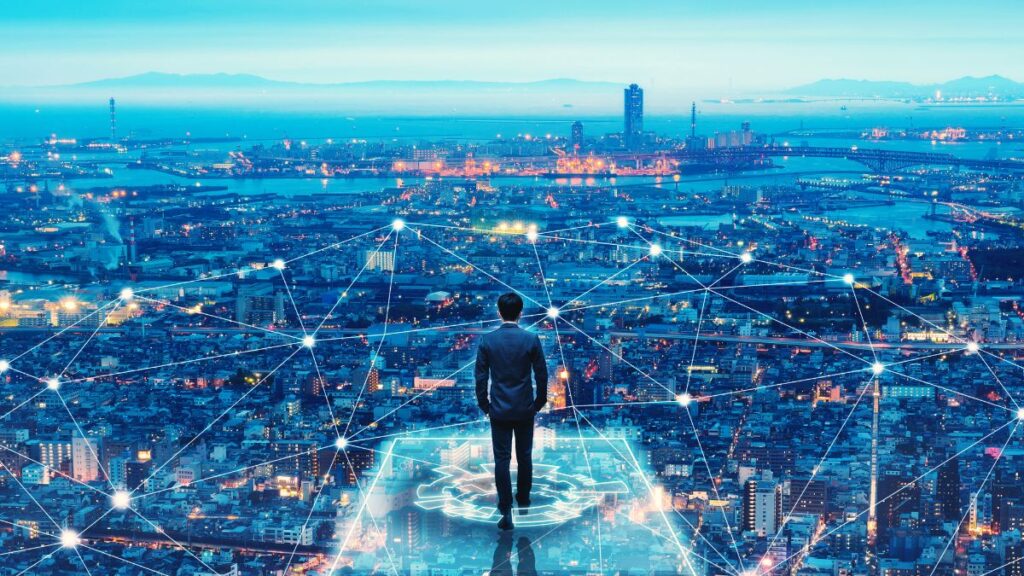
As the world of work continues to evolve at a rapid pace, the integration of artificial intelligence (AI) and automation in human resources (HR) is becoming increasingly prevalent. These technologies are not only streamlining processes but are also redefining the way organizations manage their most valuable asset: their people. Here, we explore how AI and automation are transforming HR and what this means for the future of work.
1. Revolutionizing Recruitment
AI-powered recruitment tools are revolutionizing the hiring process. These tools can analyze vast amounts of data from resumes, social media profiles, and other sources to identify the best candidates for a job. They can also predict a candidate’s future performance and cultural fit within the organization. This significantly reduces the time and effort required for manual screening and helps in making more informed hiring decisions.
For instance, AI-driven applicant tracking systems (ATS) can rank candidates based on predefined criteria, eliminating bias and ensuring a fairer recruitment process. Chatbots, another AI application, can engage with candidates, answer their questions, and even schedule interviews, providing a seamless candidate experience.
2. Enhancing Employee Engagement and Experience
Employee engagement is crucial for retaining talent and maintaining productivity. AI and automation are playing a pivotal role in enhancing employee engagement and experience. Personalized learning and development plans powered by AI can help employees acquire new skills and advance in their careers. These plans can be tailored to individual needs and learning styles, ensuring maximum effectiveness.
Moreover, AI-powered platforms can analyze employee feedback in real-time, identifying trends and areas of concern. This enables HR teams to address issues promptly and improve the overall workplace environment. Virtual assistants can also provide employees with instant access to information and support, enhancing their experience and satisfaction.
3. Streamlining Administrative Tasks
HR departments are often bogged down by repetitive and time-consuming administrative tasks. Automation can take over these tasks, freeing up HR professionals to focus on more strategic activities. For example, payroll processing, benefits administration, and leave management can be fully automated, reducing errors and improving efficiency.
Document management systems powered by AI can automatically organize and categorize documents, making it easier for HR teams to access and retrieve information. Additionally, AI can help in ensuring compliance with labor laws and regulations by monitoring changes and updating policies accordingly.
4. Data-Driven Decision Making
AI and automation are enabling data-driven decision-making in HR. Advanced analytics tools can process large volumes of data to provide insights into various aspects of HR, such as employee turnover, performance, and engagement. These insights can help HR leaders make informed decisions and develop effective strategies to address workforce challenges.
Predictive analytics can forecast future trends, such as attrition rates and workforce needs, allowing organizations to proactively plan and manage their human resources. This not only improves operational efficiency but also helps in achieving long-term business goals.
5. Fostering Diversity and Inclusion
AI and automation can play a significant role in promoting diversity and inclusion within organizations. AI-driven recruitment tools can help eliminate biases in the hiring process by focusing solely on candidate qualifications and experience. Additionally, AI can analyze workplace data to identify and address disparities in pay, promotion, and other areas.
Automation can also ensure that all employees have equal access to training and development opportunities, regardless of their location or background. By providing a level playing field, AI and automation can help create a more inclusive and equitable workplace.
Conclusion
The integration of AI and automation in HR is not just a trend; it is a transformative shift that is reshaping the future of work. By revolutionizing recruitment, enhancing employee engagement, streamlining administrative tasks, enabling data-driven decision-making, and fostering diversity and inclusion, these technologies are empowering HR professionals to focus on what truly matters: their people. As organizations continue to embrace AI and automation, the potential for innovation and growth in HR is boundless. The future of work is here, and it is powered by AI and automation.







